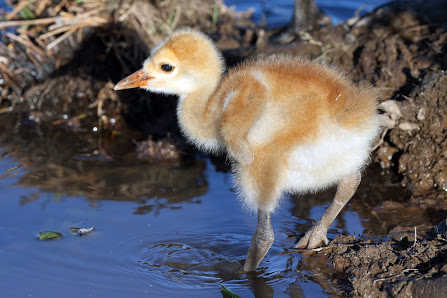Support Us
Since 1979 more than 140,000 animals have been treated by Wildlife Rescue.
Thanks to the support of individuals like you, Wildlife Rescue can provide a lifeline for animals in distress.
The weather is getting warmer and our feathery friends are sitting on eggs incubating their babies! As exciting as this sign of spring is, you might consider holding off on yard work, hedge trimming and yard maintenance a few weeks. It is very easy to accidentally interrupt the nestling season and our support of limited activity can be a lifesaver!
Wildlife Rescue provided medical attention to approximately 1805 baby birds suffering from injuries because of human interference each year.
Staff and volunteers have been working hard to ensure these babies can be brought back to health and returned to the wild. Sometimes, young animals are brought to the hospital who are in good health and don’t need medical intervention. In these cases, rescue volunteers are sometimes able to reunite them with their parents quickly.
Last week, we welcomed the first of many fledglings requiring care. One, a baby hummingbird was found with a cat pawing at it for about an hour. The residents who found the baby hummingbird were able to rescue the fledgling from the feline and keep it in a box until it could be transported to the hospital for a medical examination.
The fledgling only suffered minor bruises to its right hip with no other injuries such as puncture wounds. Once the baby fledgling matures to the point of self-feeding, it will be released back to the where it came from.

How to Assess Nestlings and Fledglings
These signs can help avoid misconceptions when assessing who needs help:
Fledglings are young birds who are covered with a mix of fuzzy down and some flight feathers. They have often left the nest and are on the ground learning how to fly. They can be found hanging on low branches or maybe even hiding under bushes. Let these feathery friends be! They are just doing what they are meant to be doing, learning how to fly from mom and dad.
Keep your eyes open for nestling babies, they have few to no feathers. When nestlings are found on the ground they are unable to fly and require immediate attention.
So, what can you do to take precautions?
Contact Us!
If you suspect a baby bird in your neighborhood has been injured or displaced call our Support Centre at 604-526-7275 for COVID-19 protocols and wildlife.